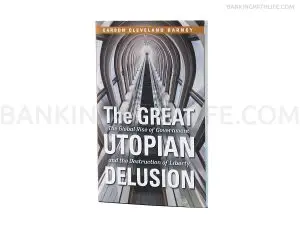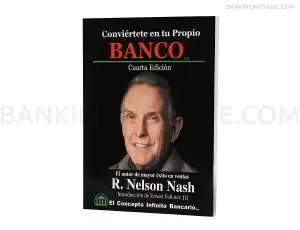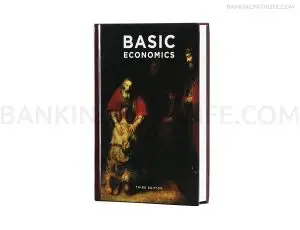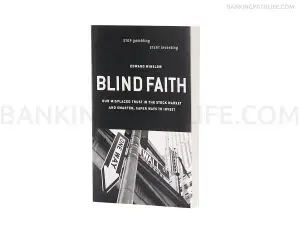Description
There is no other way to put it. Americans have been tricked! The hidden process of money creation that artificially manipulates interest rates and creates economic booms has misguided society’s views of money and credit. This has been especially noticeable in our modern view of savings. Once considered the bedrock of a household’s financial strategy, traditional savings plans lost favor with the public because they were seen as too slow and boring in an economy that was flush with money and low interest rates. The lure of the stock market and the promises of quick money through investing turned Americans into a nation of speculators. Riding the wave of inflation, the idea was to buy low and sell high. The strategy was all about making money—fast!
The problem is that inflation and credit expansion always precipitates business maladjustments and malinvestments that must be later liquidated. The inevitable bust is always disastrous to the economy. For society at large, the end results are massive unemployment, recessions, and a possible collapse of the monetary system. Only now, with the current financial crises are individuals finally starting to assess how this all happens. What has surfaced as the primary cause no one would have believed during the heyday of easy credit and fast money. But slowly, over the course of recent years, the general public has finally become aware that somehow the Federal Reserve was directly responsible. And, of course, they are right. After all, the Fed controls all of our money! The Federal Reserve, though created by the government, is nonetheless owned by private individuals and in important ways operates independently from the wishes of the government. As Austrian economist, Murray Rothbard, stated:
“The Federal Reserve, virtually in total control of the nation’s monetary system, is accountable to nobody—and this strange situation, if acknowledged at all, is invariably trumpeted as a virtue.”1
This startling realization, the fact that our money is not fully in our control can be immensely depressing once all of its moral and economic ramifications are fully understood. How in the world do you take away the printing press from government and the Federal Reserve once they have had full use of it all these many years? In fact, just exactly how would one go about changing such a monstrous problem?




